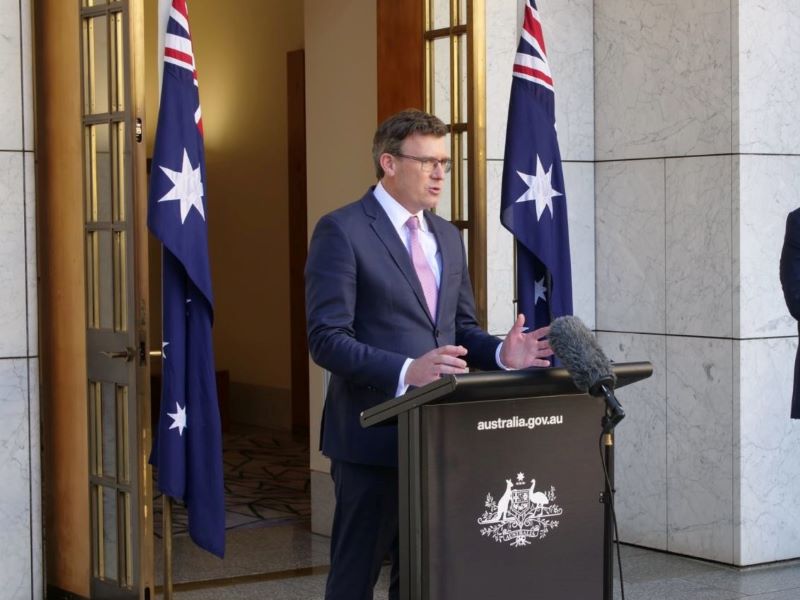The federal government intends to standardise intellectual property rights contracts between universities and businesses under a mandatory scheme for all federally funded research projects that engage in commercialisation.
The move is part of research commercialisation reforms designed to translate university work into economic outcomes, and follows feedback that Intellectual Property (IP) constraints remain a major barrier to negotiations.
Specific standard agreements are yet to be developed and the federal government will need legislation to make the potentially sweeping changes it wants introduced early next year mandatory. Education Minister Alan Tudge has given universities four weeks to respond to the proposal.

On Tuesday a consultation paper on a proposed Higher Education Research Commercialisation (HERC) IP framework was released, calling for feedback on how to provide “consistency and coherence” in commercialisation practice for university researchers, businesses, and Australian government agencies.
When complete, the HERC IP framework will include processes for securing IP and IP rights and contractual obligations. Development of the framework is being “expedited” to be available for adoption by December and to apply to some federally funded research from next year.
Standardised, legally enforceable agreements will apply to things like research agreements between universities and collaboration partners, confidentially or non-disclosure agreements, copyright licences and new company formation agreements.
Two streams of agreements have been proposed. One for simple, lower value agreements under $100,000 with relatively little room for negotiation beyond clarifying commercial details, and a second for multiparty or $100,000 plus agreements.
The second stream would allow greater flexibility in the use of the standardised agreements when they might otherwise be a “deal breaker” but would still incorporate them to establish negotiations.
“The more complex agreements will be a starting point for negotiation and will only be intended to cover some agreed terms on key issues to reduce transactional barrier,” the consultation paper said.
The Australian framework draws on similar standardised agreements used in the UK. However the UK system has been developing since 2004 and is not mandatory.
Australia’s HERC IP framework will be applied to all new Department of Education, Skills and Employment (DESE) and Australian Research Council funded research engaging in commercialisation from next year and mandatory from 2023.
The government will also “explore” applying the framework to other commercialisation projects funded by different agencies, public fundraising, the 15 Rural Research and Development Corporations, and grants administered by the National Health and Medical Research Council.
Education Minister Alan Tudge launched the paper on Tuesday, saying standardised agreements would speed up negotiations for universities and businesses.
“In my consultation with the sector, IP has been identified as a key barrier to universities and business working together,” Mr Tudge said.
“Barriers to negotiating IP include lack of money, time and expertise on both sides, and a lack of understanding of each other’s needs and objectives.
“Having standardised agreements would reduce these frictions between universities and business and cut down on time spent negotiating.
The Education Minister has been pressing universities to demonstrate more direct economic outcomes from the billions invested in research, and Mr Tudge has previously questioned if current outputs are commensurate to funding.
“While Australia produces world-class research, we need to reduce the barriers that stand in the way of turning great research outcomes into breakthrough new commercial products and ideas that will create new businesses and grow our economy,” Mr Tudge said on Tuesday.
“We want our researchers and universities to be rewarded for their discoveries, and ensure collaborating partners have certainty to back their investment.”
Consultations on the HERC IP framework can be submitted until 18 October 2021.
Do you know more? Contact James Riley via Email.

